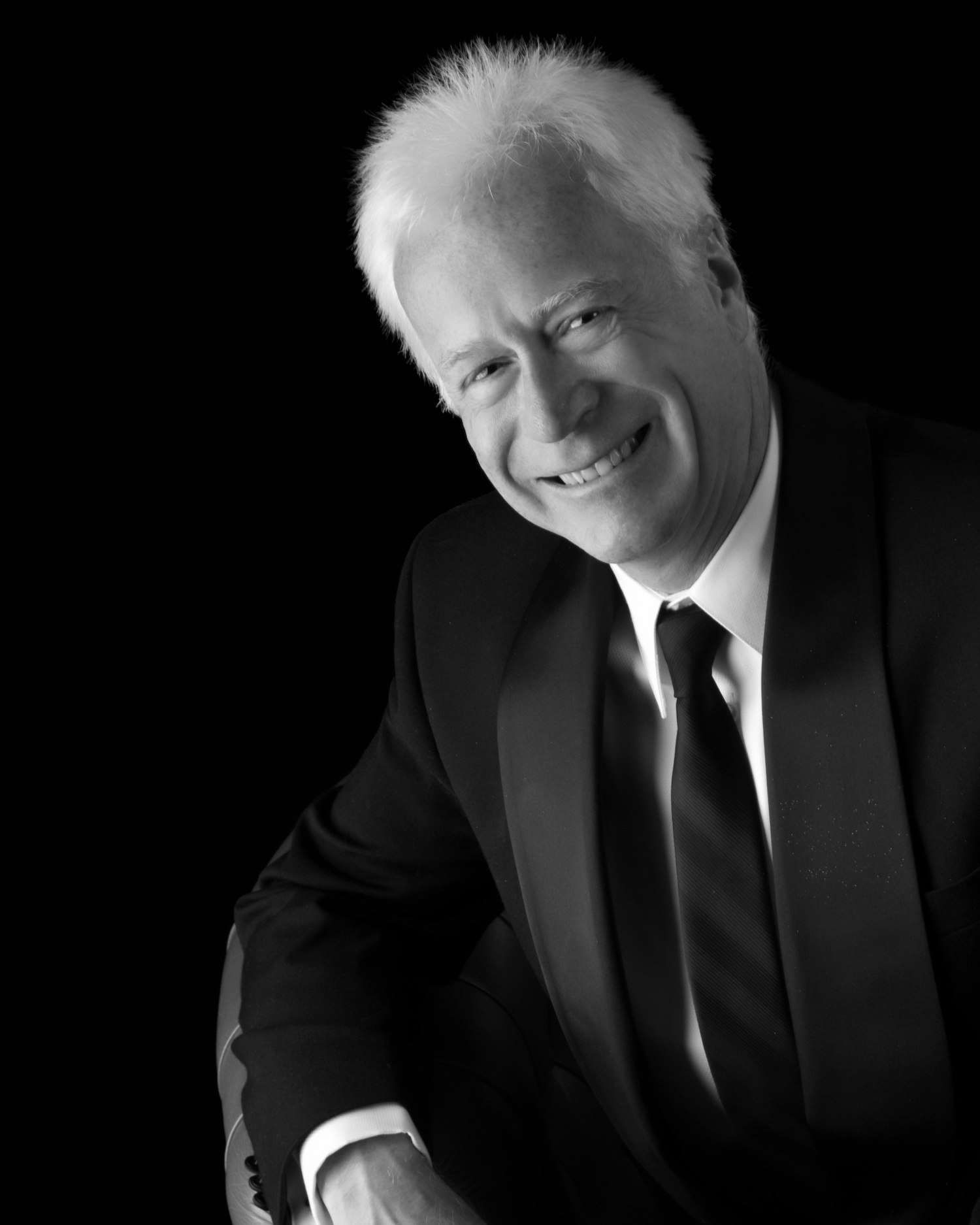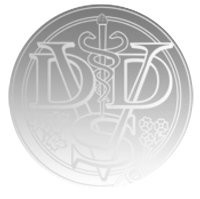Providing Dental Care for Older Adults
LIVE WEBINAR held Thursday, October 7, 7:30pm – scroll down for recording and quiz.
Description:
The World’s population is aging, and an increasing number of people are presenting to our community dental offices with the positive and negative  effects of old age. A growing number of older adults are successfully aging at home, and living active lifestyles. The prevalence of chronic conditions and disabilities has declined over the past seventy years due to improvements in diet, an increase in physical activity, and reduction in smoking. In addition medical advances in orthopedics, implants/transplants, and cardiac pacemakers have helped people live longer and healthier. However many older adults suffer chronic disease and disabilities including cardiovascular disease, cancer, arthritis, and senile dementia. In addition, the provision of dental care for older adults is affected by polypharmacy and xerostomic effects of many medications.
effects of old age. A growing number of older adults are successfully aging at home, and living active lifestyles. The prevalence of chronic conditions and disabilities has declined over the past seventy years due to improvements in diet, an increase in physical activity, and reduction in smoking. In addition medical advances in orthopedics, implants/transplants, and cardiac pacemakers have helped people live longer and healthier. However many older adults suffer chronic disease and disabilities including cardiovascular disease, cancer, arthritis, and senile dementia. In addition, the provision of dental care for older adults is affected by polypharmacy and xerostomic effects of many medications.
Older adults are retaining teeth longer and have experienced sophisticated dental care over their lifetime. They have invested a considerable amount of time and money in their mouths and expect to retain their teeth, implants and dental prostheses for a lifetime. However, for many older adults, poor oral hygiene predisposes them to gingivitis, periodontitis, denture stomatitis, and especially dental caries. Poor oral health and tooth loss often results in discomfort, poor aesthetics, halitosis, compromised mastication, and these combined decrease quality of life.
The consequences of missing teeth are compromised aesthetics, phonetics, mastication, and occlusion. The loss of a maxillary incisor is just as much an aesthetic concern for an older adult as a younger adult. The options for replacement of teeth is no different from those who are younger. However, frailty (physical and cognitive) pose significant limitation on a patient’s ability to undergo a complex treatment and comply with maintenance recommendations. The provision of dental care for older adults sometimes involves consent for treatment from others (family and guardians), determining the best environment to provide services, and the support from others for daily oral hygiene, and maintenance of the dental prostheses. Increasingly, dental professionals must work with fellow health care providers (physicians, social workers, and community nurses) to better serve their elderly patients.
Learning Objectives:
- Be aware of the impact of aging on general health, mobility, cognitive ability, and oral health.
- Be able to apply a rational approach to diagnosing oral disease and developing appropriate treatment plans to restore dentitions affected by tooth loss, dental caries and periodontal disease for older adults.
- Understand the need and have the skills to obtain appropriate levels of consent for dental care, and communicating with relatives of patients and other health care providers.
(2.0 Credit Hours)
Guest Speaker: Dr. Christopher Wyatt
Head, Department of Oral Health Sciences, UBC Faculty of Dentistry
Chair, Division of Prosthodontics & Dental Geriatrics, UBC Faculty of Dentistry
Director, Graduate Prosthodontics Program, UBC Faculty of Dentistry
Director, Geriatric Dentistry Program, UBC Faculty of Dentistry
Dr. Chris Wyatt is Professor and Chair of the Division of Prosthodontics & Dental Geriatrics in the Faculty of Dentistry at the University of British Columbia. Dr. Wyatt graduated with a DMD degree from the University of British Columbia in 1986, a diploma in Prosthodontics in 1995, and an MSc in Dentistry in 1996 from the University of Toronto. He is a past President of the Association of Prosthodontists of Canada and the British Columbia Society of Prosthodontists and is a member of the Geriatric Dentistry Committee of the British Columbia Dental Association.



